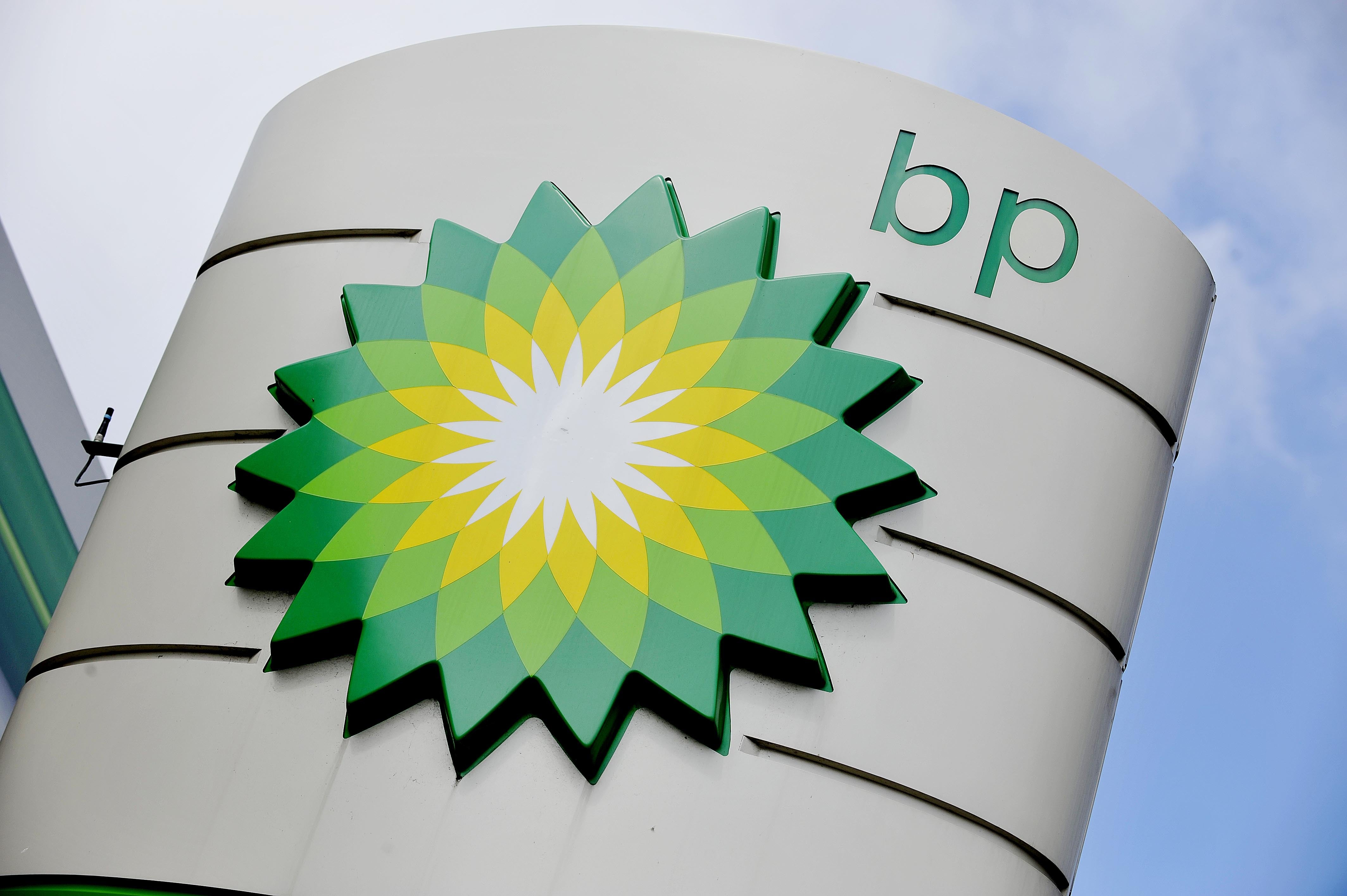Government puts pressure on BP over Russian interests
Business Secretary Kwasi Kwarteng spoke to BP’s boss to raise concerns over the company’s 20% stake in Russian oil giant Rosneft.

BP is under pressure from the Government to cut its ties with Russian oil giant Rosneft, which the British-based company holds a 20% stake in.
Business Secretary Kwasi Kwarteng held a virtual call with BP’s chief executive Bernard Looney for around 20 minutes on Friday to discuss the company’s position.
A Whitehall source told the PA news agency: “BP left the meeting with no doubt about the strength of the Business Secretary’s concern about their commercial interests in Russia.”
Oil giant BP admitted last year that sanctions on Russia could be problematic for its business, as global leaders are lining up to impose an even more stringent economic retaliation against the Kremlin.
The company, which co-owns Rosneft with the Russian government, said in its annual report that “events in or relating to Russia, including trade restrictions and other sanctions, could adversely impact our income and investment in or relating to Russia”.
But both Mr Looney and former BP chief executive Bob Dudley continue to sit on Rosneft’s board.
The chief executive was in Russia as recently as October, appearing on a panel with Russian President Vladimir Putin, which he later described as a “privilege”.
Rosneft’s own chief executive, Igor Sechin, is a former deputy prime minister in Mr Putin’s government, and is reportedly known as Darth Vader behind the scenes in Moscow.
Rosneft and Mr Sechin were sanctioned by the US government in 2014.
At the time the US said that Mr Sechin “has shown utter loyalty to Vladimir Putin – a key component to his current standing”.
When asked on Friday, BP refused to condemn Mr Putin’s full-scale invasion of Ukraine, which started the day before, and did not answer questions about the future of its stake in Rosneft.
Several European former politicians stepped down from the boards of Russian companies on Thursday but Mr Looney and Mr Dudley remain in place.
The absence of Gazprom and Rosneft, part-owned by BP, in today’s sanctions list is the elephant in the room
On Thursday Liberal Democrat leader Sir Ed Davey called for the UK to also sanction Rosneft and gas giant Gazprom.
He said: “The absence of Gazprom and Rosneft, part-owned by BP, in today’s sanctions list is the elephant in the room.
“The UK must do everything we can to stand in solidarity with the people of Ukraine.
“Russia’s state-owned oil and gas giants stand to profit from this war and soaring prices.
“We must start treating Putin’s Russia like the rogue state it is and immediately cut off UK investment in these firms.”
We are closely watching the concerning developments in Ukraine and Russia
Despite repeated questions from the PA news agency, BP did not answer the question of whether it supports or opposes Mr Putin’s invasion.
Instead it released a statement saying that the developments in Ukraine and Russia are “concerning”.
On Thursday morning Mr Putin’s troops started crossing the border into Ukraine itself, after previously having only entered the territories in the eastern area of Donbas that Russian proxies have occupied since 2014.
“We are closely watching the concerning developments in Ukraine and Russia,” BP said in response to questions about its position on the invasion or whether it will raise objections in Russia.
“We are doing all we can to monitor the fast-changing situation.
“Our priority is the safety and security of our people.
“We are accounting for all our team and will continue to support them and provide any help they need. BP will, of course, comply with all relevant sanctions.”
Bookmark popover
Removed from bookmarks